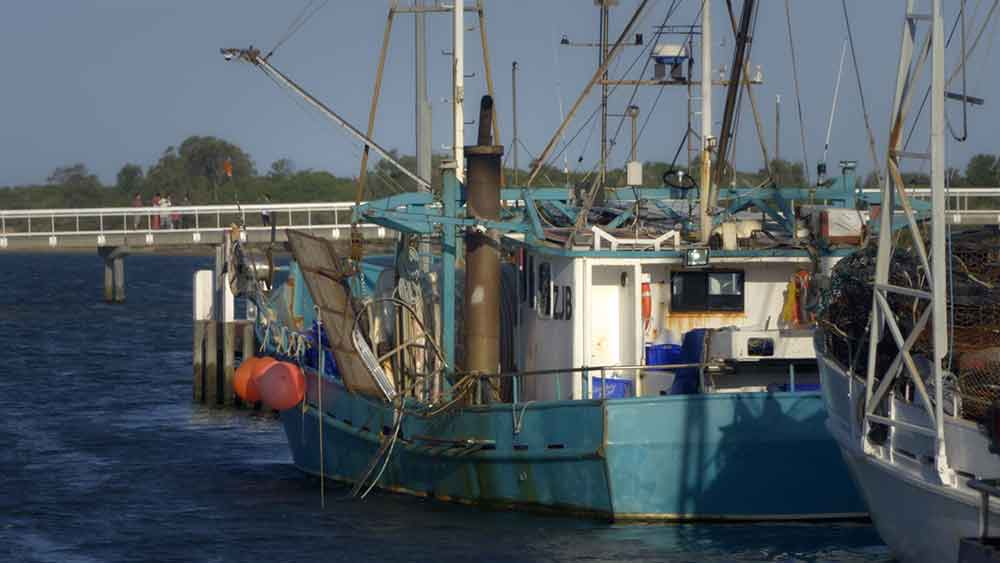 As one of our country's largest supermarkets, Coles has considerable influence. The company operates more than 2,300 outlets and employs over 100,000 people. Its decisions around sustainability, therefore have a huge impact.
As one of our country's largest supermarkets, Coles has considerable influence. The company operates more than 2,300 outlets and employs over 100,000 people. Its decisions around sustainability, therefore have a huge impact.
Coles proudly recognises its corporate responsibility. The company became the first retailer to partner with WWF in 2011 towards a sustainable future. Since then we have collaborated to improve the sustainability of Coles’ seafood supply chains, and we have completed an assessment of priority foods including beef, sugar, wheat and rice, using WWF's Supply Risk Analysis methodology that identifies major environmental and social impacts and risks. The partnership with WWF ran from 2011 and ended in 2018.
As a result of our work together, Coles has shifted its supply process for its Coles Brand seafood range (canned, fresh and frozen) towards Marine Stewardship Council (MSC) and Aquaculture Stewardship Council (ASC) certifications and has taken the pioneering step to become the first national supermarket in Australia to introduce labelled MSC- and ASC-certified seafood in its seafood counters.
Partnership wins
Our partnership first focused on teaming with Coles' suppliers and fisheries to understand the sustainability of the seafood Coles sells, and to implement improvements. But it has achieved so much more. This initial assessment saw us working cooperatively with those suppliers and fisheries to source product responsibly and has driven significant improvements to fisheries management. Now Coles’ wider responsibly-sourced program means they have independently assessed hundreds of wild-caught and farmed seafood products.
Coles realises that conservation is a complex issue that affects us all. The company is currently supporting the conservation of three iconic Australian species (including the Eastern quoll, numbat, marine turtles, as well as the brush-tailed and black-flanked rock-wallaby). In the past Coles has supported a number of fishery projects far beyond its own business operations, including collaborating with the South East Trawl Fishing Industry Association (SETFIA) on its Fishery Improvement Project, becoming a part of the Northern Territory Government’s Indigenous Fisheries Mentor project, and joining efforts to reduce the incidental capture of turtles and sharks in the Coral and Solomon seas.
As part of its partnership with WWF, Coles has also funded exciting conservation projects with third parties via a Sustainable Seafood Grants program; including improving sea snake conservation in West Australian prawn fisheries, seaweed aquaculture for nutrient remediation and helping barramundi and prawn farms taking steps towards ASC certification.
In 2018, Pacific Reef Fisheries in Ayr, Queensland, became the first prawn and cobia farm in Australia to gain ASC certification - the gold standard for sustainable aquaculture - with financial and technical support from Coles and WWF. Pacific Reef Fisheries operates one of the largest prawn farms and the only commercial cobia (Rachycentron canadum) farm in Australia, producing around 1,000 tonnes of seafood per year.

The bottom line
The environmental impact of the food we eat is as big as our appetites.
As one of our two largest supermarkets, Coles has taken significant steps by choosing where it sources its wild-caught and farmed seafood. With progress achieved on seafood, WWF has assisted Coles in analysing supply risks across other key commodities crucial to its business.
Projects supported by Coles